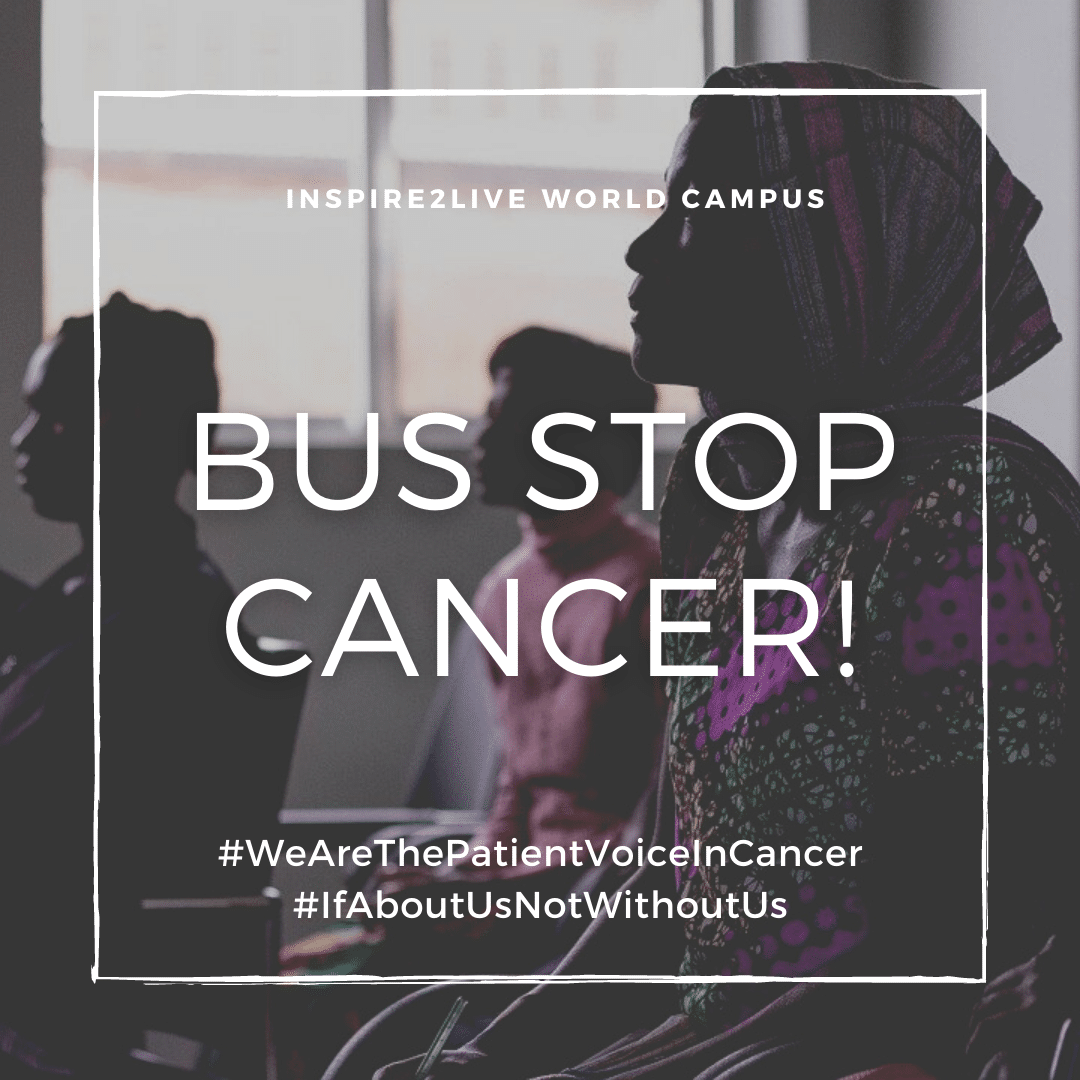Ghana has a population of 30.8 mln inhabitants with 6 mln people living in the capital and greater Accra region. The Ghana economy is dominated by women and largely controlled by petty trading and high-end merchandise.
Most travel is by road and buses. Rail and air traffic are negligible. Traders commute 97% by road. Each day, a significant chunk of the trade flows through the 30 bus stations in Accra and 20 bus stations in Kumasi. The passengers are mainly women travelling and transporting the goods they want to sell.
Now let me focus on those two cities: Accra, the capital city of Ghana with a population of 4.2 mln people (2020), and Kumasi, the capital city of the Ashanti region, with 3.35 mln inhabitants (2020).
Each day huge numbers of women travel between Accra and Kumasi. Most of them have no health insurance and it is uncommon for women to visit a doctor without any obvious complaint. Every day many women travel through the bus stations with undiagnosed cancers including well developed cases of breast cancer that have not yet been recognised as such.
Now imagine we could reach out to those women by spreading leaflets, showing informative videos in the buses and having the drivers acting as ambassadors and liaison officers. We could erect pop-up facilities near the bus station terminals where diagnoses and easy referrals to a clinic could be provided together with a payment service for the treatment.
Beatrice Wiafe-Addai is a consultant breast surgeon in Ghana. Whoever sees Beatrice’s pictures of undiagnosed breast cancers will be shocked. Of course the pictures are terrible, but the mental shock also happens on a different level. I had no idea of the sheer number of cases of women with highly-developed breast cancers who take care of kids, travel with goods to trade, whilst carrying an unheeded growing tumor in their bodies. A picture develops of a health care landscape that I am practically incapable of locating within my frame of reference which is The Netherlands.
Just imagine the thousands of women traveling through the bus stations of Accra and Kumasi that are urgently in need of care and who could be helped by basic treatment (e.g. chemotherapy and surgery).
This is Ghana. Now imagine the whole sub-Saharan region where we are easily talking about a population of over ten billion people.
I want us to reach out to those women. The bus terminals and the buses are there.
Jan Gerrit Schuurman
Patient Advocate and Chair World Campus, Inspire2Live

